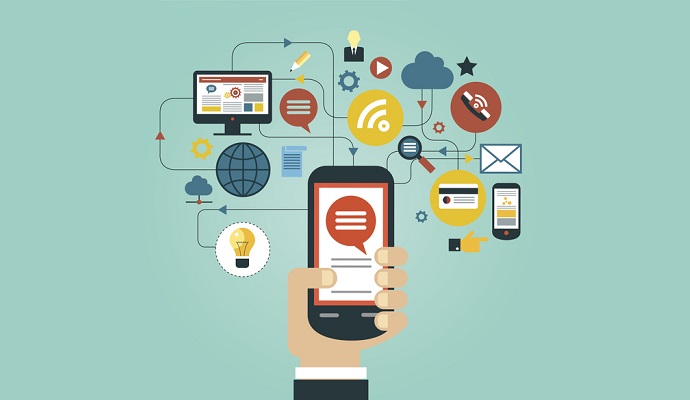Mobile Health Apps, Health Informatics Improve Diabetes Care

- In order to improve the quality of healthcare services and boost patient health outcomes, providers have begun adopting a variety of new technologies include mobile health apps, remote monitoring tools, and telemedicine systems. Chronic disease management is a major priority of the medical field today, as diabetes, heart disease, and various other illnesses compose a large part of healthcare spending. Mobile health apps and other mHealth technologies could help assist in strengthening chronic disease management strategies.

The American Health Information Management Association’s (AHIMA) recently announced in a press release that using medical claims data and health informatics could potentially lead to the creation of effective, patient-centric mobile health apps meant to better manage chronic medical conditions.
“As healthcare systems move from volume-based to value-based reimbursement models, providers are looking for new ways to engage patients as active participants in the management of their care,” Scott Sittig, MHI, RHIA, head, department of allied health, University of Louisiana at Lafayette, said in the press release.
“Hospitals and managed care organizations have large quantities of health information residing in their medical claims databases. Traditionally, the data are used for administrative functions, such as predicting hospital readmissions. Through the use of advanced analytics and data mining, we’ve shown that the data also can be used to develop personalized mHealth self-care tools to help patients manage their disease.”
Studying Type 2 Diabetes for mHealth App Development
Sittig and a team of researchers followed a group of patients with Type 2 Diabetes to create a case history and a method for the development of mobile health apps that manage chronic diseases. The researchers looked at claims data and ICD-9 codes offering information on diagnosis and treatment.
“The innovative use of health informatics to create mobile health applications is just one example of the increasingly important role played by health information professionals in creating real-life solutions to meet the needs of patients and providers,” AHIMA CEO Lynne Thomas Gordon, MBA, RHIA, CAE, FACHE, FAHIMA, said in a public statement.
The researchers used the information about diabetes care to determine specific target behaviors that could change patient health outcomes. The results showed that patients with Type 2 Diabetes would benefit from medication adherence education and partaking in HbA1c blood tests more often as necessitated by “evidence-based standards of care.”
Through more consultations among providers and patients, the researchers were able to gather more information about certain behavior changes and mobile health tools that could effectively improve outcomes. A variety of recommendations were gathered for the creation of mobile health apps capable of supporting diabetes care management.
Recommendations for Supporting Diabetes Care
These tips include improving medication adherence through app reminders to take a prescription drug and refill a bottle of pills at the pharmacy and to raise glucose monitoring levels through reminders, journaling, and personalized information.
Also, diabetic self-care management tips are a major part of the move toward better diabetes care. For example, mobile health apps could boost health outcomes by setting reminders about a diet plan established by a care team, enabling patients to follow weekly exercise goals and behaviors toward improved wellness, and sending personalized messages about the need for a healthy lifestyle.
The mobile health application developed through consultations, health informatics, and claims data mining is currently undergoing testing among 99 patients. The results are expected in early 2016.
“By taking this approach, healthcare providers can develop mHealth solutions that target a specific population prospectively rather than retrospectively,” Sittig concluded. “We are hopeful that our research can be replicated for use with other chronic health conditions and diseases, which affect nearly half of the U.S. adult population.”
